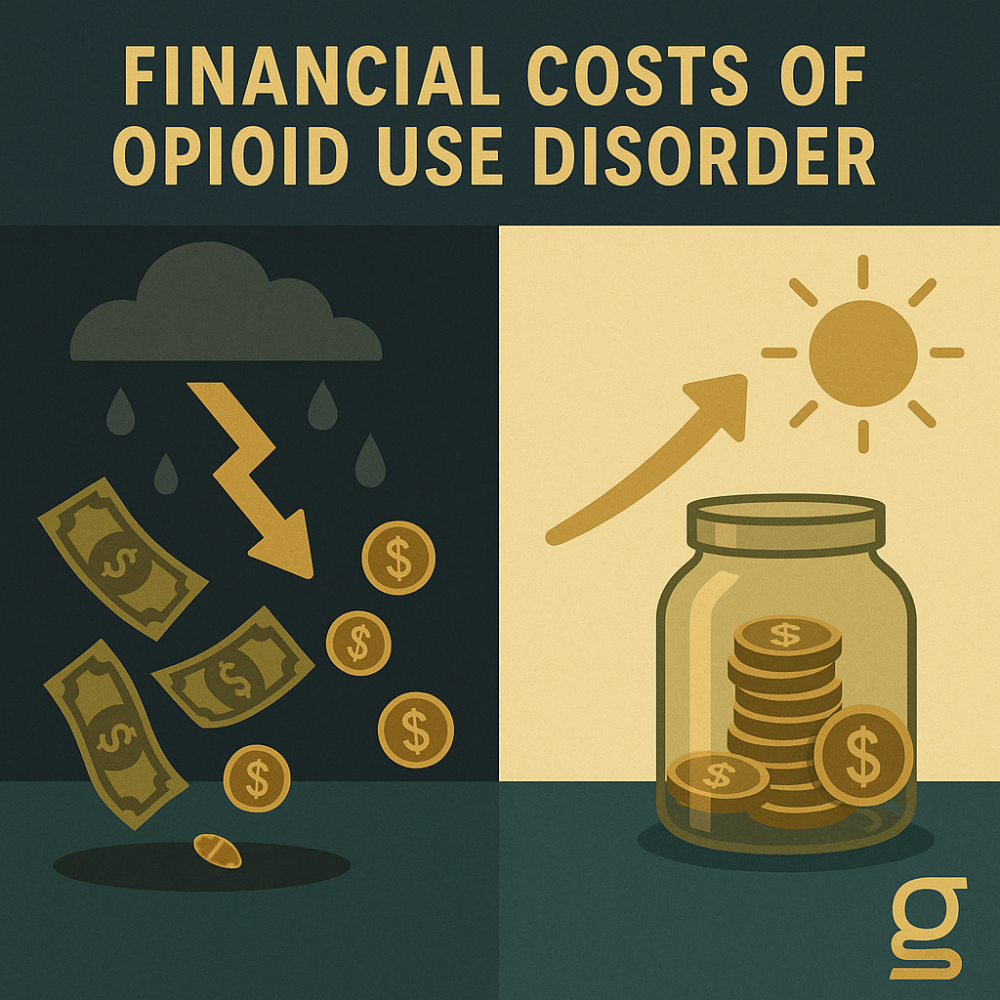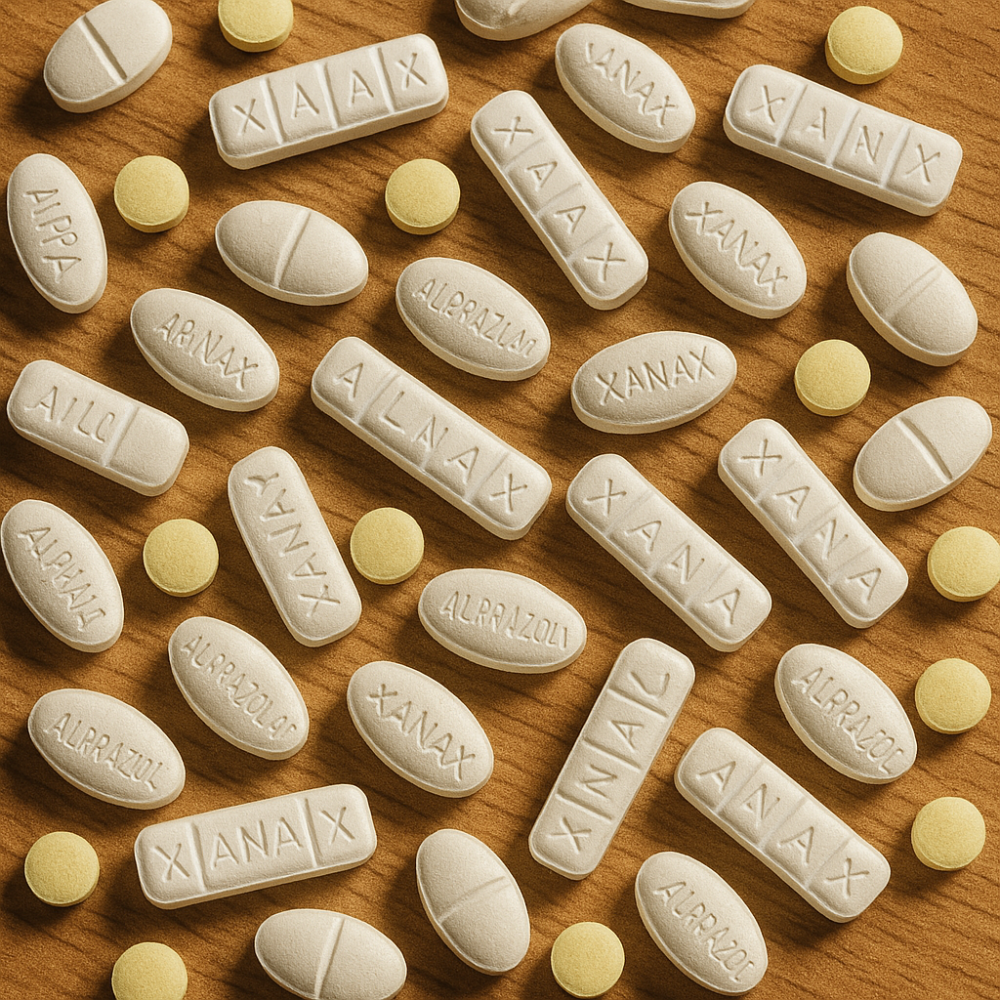Ibogaine is a substance found in a Western African shrub called iboga. Traditionally, it was used in ceremonies by people of the Bwiti religion. In recent years, it has been utilized as a method of treatment for opiate addiction by alleviating withdrawal symptoms and reducing cravings. It has also been researched as a possible treatment for alcohol use disorders. However, the FDA has not yet approved ibogaine as a treatment for addiction. Additionally, researchers are still working to determine how safe the substance is and the long-term side effects of ibogaine use. Ibogaine is currently classified as a Schedule Ⅰ drug in the United States.
How Does Ibogaine Work?
Ibogaine is a psychoactive alkaloid. The type of dosage given will dramatically impact the drug’s effect on the body. If only a small amount is used, it acts as a stimulant. However, if given in a larger dose, ibogaine will cause an individual to go into a psychedelic state. In some situations, large quantities of ibogaine will rewire parts of the brain that cause an individual to experience cravings and withdrawal. However, these effects would be only temporary.
The studies that have been conducted regarding ibogaine use have included a relatively small number of participants and were conducted over a short amount of time. Thus, it is difficult to determine if the same results from these studies would apply to the greater population.
Why Are Some People Using Ibogaine to Treat Addiction?
Some individuals struggling with substance use have tried a variety of different kinds of treatment without success. After hearing reports of positive results from ibogaine use, they may look at ibogaine as a last resort. It can be an appealing option for people concerned about the withdrawal effects they will have to go through during detox. Because the United States is not yet utilizing ibogaine as a form of addiction treatment, some individuals struggling with substance use have traveled to other countries such as Mexico to obtain the drug there.
Ibogaine can be obtained through a legitimate medical prescription in New Zealand, South Africa, Hungary, Denmark, Canada, Brazil, and Australia.
Is Ibogaine Safe?
Some fatalities have occurred in relation to ibogaine usage. The risk of ibogaine-related death is increased in areas where the substance is not regulated or if the substance is not used under the supervision of a physician.
Other possible side effects of ibogaine use could include:
- Nausea
- Vomiting
- Seizures
- Heart complications
- Ataxia
These risks could be amplified if the individual is dependent upon other substances or have any health complications. There are still many unknowns about ibogaine, and much more research needs to be done in order to understand what the proper dosages are and the risk factors of ibogaine use.
What Are Other Treatment Options For Addiction?
There are other alternative addiction treatments that are more well-researched and less risky than ibogaine. One example is behavioral therapy. During behavioral therapy, an individual battling with a substance use problem will sit down with a licensed therapist and attempt to get to the root of the problem. The therapist can help them gain a better understanding of why they choose to use substances and the different ways that their substance use is impacting their lives and those around them. This can, in turn, allows the individual to see why it is so essential to go through the detox process and live a substance-free life. Behavioral therapy is always done in a confidential environment.
Other individuals struggle to quit using substances because they have underlying mental health disorders that have not been treated yet. After speaking with their doctor and getting these mental issues addressed, an individual may be better equipped to have a successful detox and recovery.
Ibogaine is not the only way to manage withdrawal symptoms during detox. At Gallus Medical Detox Centers, we utilize The Gallus Method, which we believe is the safest and most effective method of detox. One of the most significant parts of this method is IV Therapy, a process in which medication is administered to the patient intravenously. Through this process, the patient begins feeling better in only minutes. After detox in our care is complete, we ensure each patient receives an aftercare plan to help them achieve lasting sobriety.
When used in large doses, ibogaine has helped alleviate the symptoms of withdrawal and reduce urges for some individuals struggling with opiate use. However, it is not currently legal in the United States or approved by the FDA for substance use treatment. This is primarily due to the fact that there has not been enough extensive research done to determine the possible risk factors involved with ibogaine use. Additionally, there have been some fatalities linked to using this substance. The risk of fatality is highly increased if ibogaine is used without medical supervision. However, there are alternative treatments for addiction that have much more research behind them. These include treatment for mental health disorders and behavioral therapy.
At Gallus Medical Detox Centers, with locations in Denver and Phoenix, we utilize The Gallus Method of detox, which allows an individual to detox while remaining as comfortable as possible. Through IV method of detox, we ensure that withdrawal symptoms are treated as soon as possible so the patient can begin feeling better immediately. If you would like to learn more about our services, call 866-272-5978 today.


 Steve B
Steve B 

 Casey Wilson
Casey Wilson